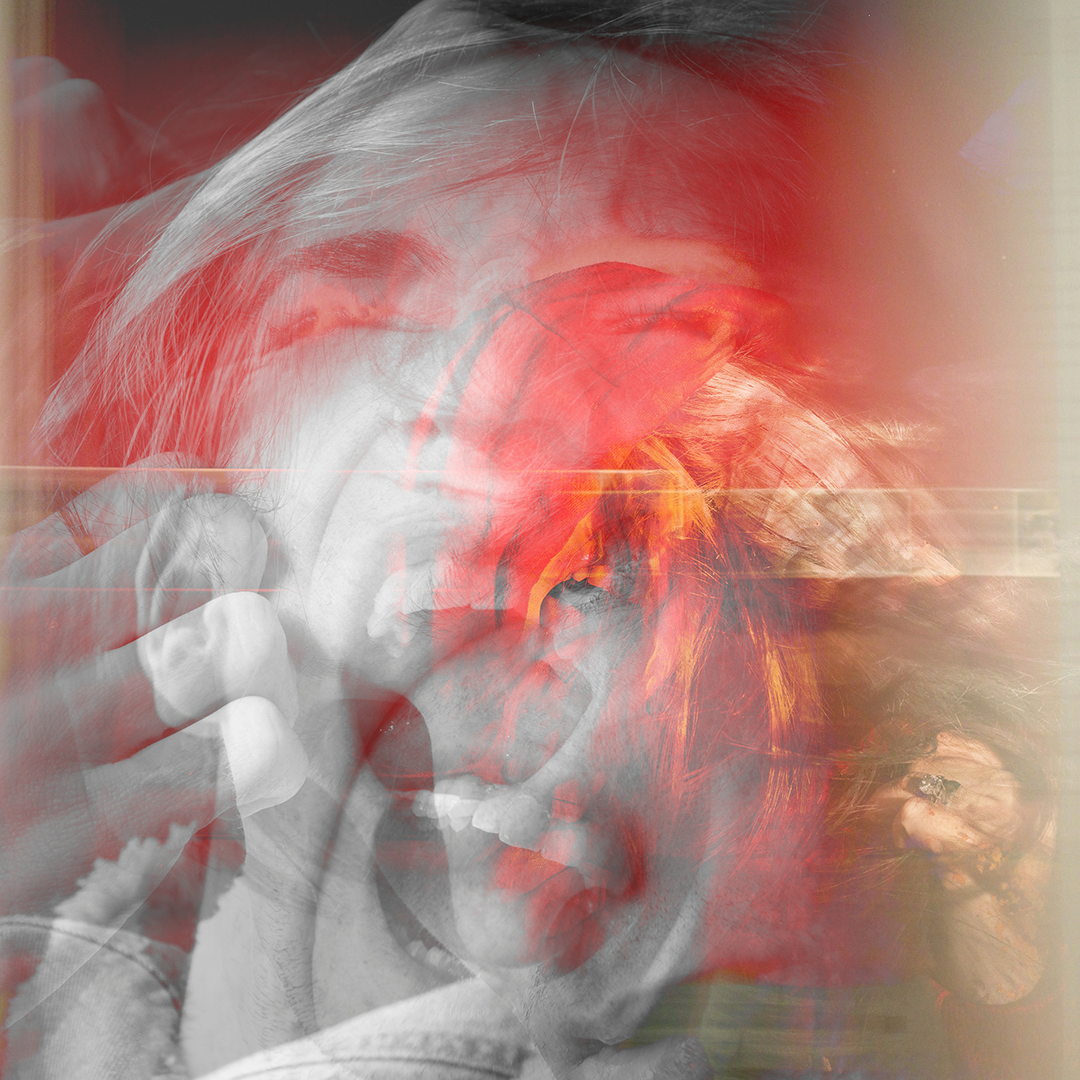A Feral Mind
Several years ago, I turned on the late night news to see a story about a man who was holed up in his house. The cameras panned to show the S.W.A.T. team with all of their guns pointed at his house, surrounding him. I cringed. I had a gut feeling about how this news story would end. I was right; a gun battle ensued and the man was killed. Family and friends described the man as troubled, as having bounced back and forth between jail and mental hospitals.
I turned off the TV, distraught.
Only a few days before, I saw another news story about a mentally unstable man who shot and killed a female police officer. Both of these news stories deeply upset me. I mourned for the slain police officer’s young children and for the husband she left behind. I also grieved for the families and friends of the mentally unstable men. I am sure their family members and close friends wished for all the world that circumstances had not turned tragic. And I was sorry for the men, whose feral minds led to the senseless and violent ends of others, and to their own violent ends.
These news stories were nearly too much for me to bear because I could readily relate to them. I had a close family member who had a major mental break after not receiving a promotion he believed he deserved. At the time, I didn’t know he had a history of bipolar disease. When he didn’t get the promotion, he quit the best job he ever had. He and his wife quickly became homeless and lost their medical coverage. She stayed with family members. He roamed the county, delusional. He’d bar hop, ask people he didn’t know for money, talk to himself, twitch, and drive under the influence. One night we heard a report that he tried to ram the car traveling ahead of him. When we confronted him on the phone, he told us he was a secret service agent trying to apprehend a suspect. We immediately called the police. The problem was, we didn’t know his whereabouts.
We were worried sick that he was going to accidentally kill himself or someone else because of his psychosis. Prior to this ramming the car incident, we repeatedly tried to get him forcibly admitted into a mental health facility, but to no avail. Each time we called, the police and mental health specialists told us they could do nothing unless he was a credible threat to himself or others. What that meant was that he had to verbally threaten to kill himself or someone else, or attempt to kill himself or someone else, before they could do anything.
I could hardly believe it. I quickly learned the mental health system’s and the legal system’s hands were tied when it came to prevention. They couldn’t force someone to accept mental health treatment unless the above-mentioned conditions were met. I understand we need to protect people’s freedom and dignity. But there were cases, such as our family member’s, where failing to execute a mental health arrest to commit a person to a facility could lead to the death of others. He could’ve killed the woman in the car ahead of him. Fortunately, he didn’t.
A few days after he rammed the back of the woman’s car, and spoke to us on the phone, he holed himself up in the attic of a friend’s house. The friend wasn’t home. When my family members figured out his location, they again called the police. Soon the S.W.A.T. team surrounded the house. I lived in another state and had no idea what was going on with the S.W.A.T. team until my older brother called me. He was outside with them and serving as a negotiator. He told me he’d call me back. I waited for what seemed like an eternity. I was petrified. In those moments, I was preparing for the next phone call telling me that my family member had been shot to death.
People seldom think or talk about the psychotic person’s family members and the suffering they endure. We were those family members. And we tried everything to get our loved one the help he needed—to get him under control and stable. However, he would not take medication nor would he admit himself into the hospital. He didn’t think there was anything wrong with him. Our hands were tied. We were deathly afraid he’d kill someone else or himself due to his psychosis and that we could do nothing about it. It was only after the ramming incident and after he threatened another family member (space does not permit me to go into detail), that help came in the form of the S.W.A.T. team.
People seldom think about the psychotic person’s family members and the suffering they endure. Share on XMy brother was able to convince our family member to surrender to the police. Fortunately, this incident ended peacefully. He was admitted into a mental health facility for two weeks, and then quickly thrown in jail for about a year. Jail was hard on him and made his mental illness worse. But we were relieved he was confined—that he couldn’t hurt others.
I could write loads about how our mental health and legal systems are broken and in dire need of reform in order to adequately care for the mentally ill. As Ana Swanson stated in the Washington Post, we live “in a country where the mentally ill are often incarcerated instead of treated.” Swanson highlights the sad fact that we have more mentally ill people in jail or in prison than we do in mental health facilities. And I know from our experience with our family member that being in jail doesn’t guarantee a mentally ill person will be treated for his or her illness. Jails and prisons are not mental hospitals though they house most of the mentally ill.
Jails and prisons are not mental hospitals though they house most of the mentally ill. Share on XI write this piece to encourage the Church to do everything it can to remove the stigma associated with mental illness and to love and serve the mentally ill and their family members. I know Rick Warren and Saddleback Church, and my friend Amy Simpson (author of Troubled Minds), among many others, are working toward that end. My family member’s church was not equipped to help him. And I don’t blame them. But I do wish many more would follow Saddleback’s example by advocating for the mentally ill and their families.
And, finally. Whenever I read the story about the Gerasene maniac in the gospels (see Luke 8:26-39), and how he lived naked among the tombs, cutting himself, and breaking free of every kind of shackle, I think of his family members who are never mentioned.
I now have a deep compassion for them. Maybe now you will too.



